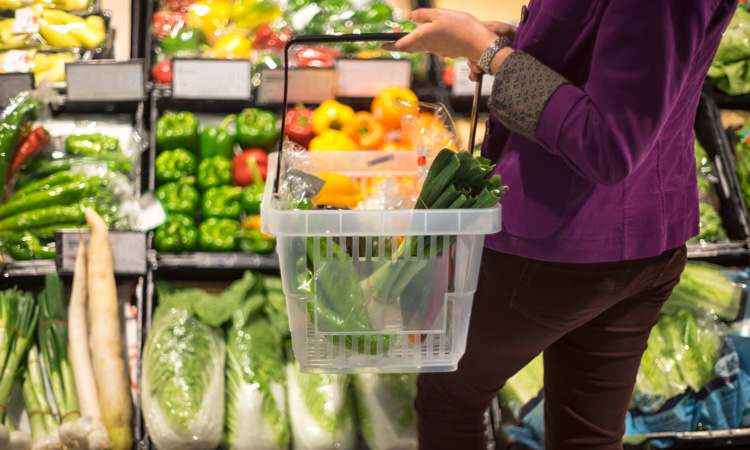UK food prices to rise in 2021 without EU trade deal, BRC warns
Posted: 13 July 2020 | Sam Mehmet (New Food) | No comments yet
The British Retail Consortium has urged the UK Government to reach the best deal possible with the EU, secure continuity of other existing trade deals covering the UK and then focus on countries where there are not currently preferential trade deals in place.


The British Retail Consortium (BRC) has released a report, “Why Tariffs are Bad News for UK Consumers”, which has called on the UK Government and the EU to negotiate a zero-tariff trade deal to avoid retail and food prices increasing for consumers in 2021.
The EU is the UK’s largest trading partner and the source of a huge amount of the goods that consumers buy. Four-fifths of UK food imports come from the EU and EU imports also play a key role in the supply chains for fashion, homeware, and other retail sectors.
In May, the UK published its new tariff schedule, which will apply from 1 January 2021 if a deal is not agreed. Under the schedule, 85 percent of foods imported from the EU will face tariffs of more than five percent. This includes 48 percent on beef mince, 16 percent on cucumbers, and 57 percent on cheddar cheese. The average tariff on food imported from the EU would be over 20 percent, the report highlighted.
The report also indicated that, given the highly competitive nature of retail, the industry cannot absorb all these increased costs, meaning the public would face higher retail and food prices from 1 January 2021. With the coronavirus crisis already having a major impact on consumer spending, the report authors argued that it is more important than ever that Government agrees a deal that does not lead to price increases in shops and online.
The deal must keep the impact of non-tariff barriers, such as new regulatory checks, as low as possible to maintain choice and availability, the report urged.
“The next few months are critical to the living standards of millions of people in the UK. For decades, British households have enjoyed great value, quality, and choice, making it a great place to shop. However, without a tariff-free deal with the EU, the public will see higher prices in supermarkets from next year, squeezing millions of families already impacted by the current economic downturn. This is not the fair deal that consumers were promised,” said Andrew Opie, Director of Food & Sustainability the British Retail Consortium.
“Many UK shoppers experienced disruption in the run up to lockdown; without a deal, the public may face an even bigger challenge at the end of the Transition period. With the clock ticking down to 31 December, the Government must put consumers first and agree a deal that avoids tariffs and minimises the impact of non-tariff barriers. This would prevent harm to shoppers, retailers and the wider economy.”
Related topics
Regulation & Legislation, Supermarket, The consumer, Trade & Economy









